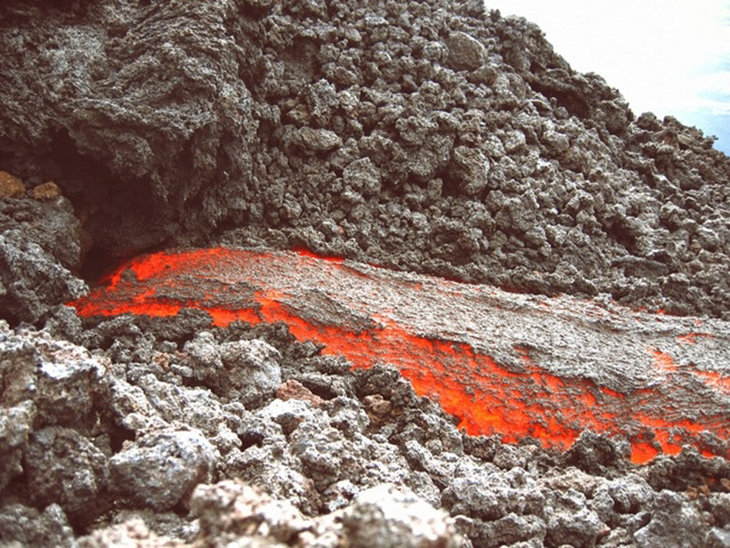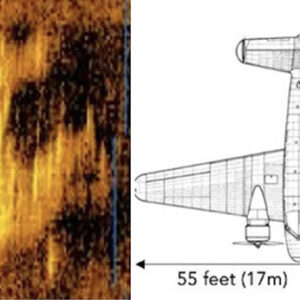
Carbon can wreak havoc to the environment. However, many have yet to discover a new way to capture this with the use of present materials. It has only been recently that a startup company discovered the importance of volcanic rock dust for this process.
There is a Midwestern farm that grows corn and beans. Soon, a tractor will be used to spread 1,543 tons of rock dust over a total of 140 acres with the intention of fighting climate change. In the following growing seasons, the crushed basalt may capture 384 tons of carbon to help crops grow.
An ag-tech startup company is set to spread basalt rock dust on farmers’ fields. This will serve as both fertilizer as well as an intelligent way to capture carbon and then remove it from the global carbon cycle for good.
“We speed that up by an order of magnitude—about 100 to 1,000 times faster,” shared Lithos CEO Mary Yap.
“You can’t just throw it on a field—that will actually still happen very slowly,” Yap says. “What we see in published data and also in our initial early trials is it takes most groups one decade to five decades to capture the carbon from that rock faster than in nature. We’ve been able to get down to two to three years max,” she also said.
When the output is set at its maximum level, a total of 3 tons of rock dust will be able to capture a ton of CO2. This shows a return on investment and if this is executed at scale, this will have an almost unlimited ceiling in terms of removing carbon.
The business that the created was patterned after a mutually-beneficial exchange: the farmer’s fields will be rich in components such as iron, phosphorus, magnesium, and calcium, thus boosting yields when compared to agricultural limestone dust. This increases to 47 percent for some. The company called Lithos Carbon sells the dust application as carbon credits to those who are considering to emissions and when this deal pushes through, they give a portion of the profit to the farmers as well.
It must be noted that two neighboring farms will have different plans. “They have the same climate – same rainfall, same temperature, they’re five miles apart, but weathering happens differently,” Yap explained.
“My approach to this is, if you can give farmers something that they will want and love and need, then they will do that,” Yap told Fast Company. “And then you will scale carbon capture almost as a side effect. One of my farmers has said, ‘I can’t eat carbon credits.’ Really, the crops at the end of the day are the thing that matters.”
The method in capturing carbon comes from one of the most basic steps in the global carbon cycle. CO2 that’s found in the atmosphere is partially absorbed by the rains. When this happens, CO2 is deposited into the soil and the oceans. On the other hand, when it’s raining on a field treated with basalt rock dust from Lithos, the basalt captures the carbon before these flow into rivers and oceans.
It can be dangerous when these flow into the ocean where a large group of many animals live. Oftentimes, mollusks and animals use this to make their shells and when they die, their shells fall deep into to the ocean floor where it stays most of the time permanently.
As for basalt rock, this is the most common volcanic rock found in the planet. This is produced by the millions of tons each year, especially in the mining industry. Hence, there is a sure supply of it at all times.
The main challenge is now to make sure to calculate the amount in the different fields as it will vary from one farm to the next. Every field in the farm is unique. How the basalt is applied will differ as well. Too much of it releases CO2 or may be toxic especially when breathing. This is why the makers of the technology have developed an intelligent software program will the help of the experts from Yale University.
Now, Lithos is managing 14 farms. The last of which witnessed how 1,500 tons of rust over 140 acres that may absorb as much as 384 tons of CO2.
What are your thoughts? Please comment below and share this news!
True Activist / Report a typo


